The 7 Money Mantras Experts Live By
These easy-to-remember phrases will help you spend less, earn more and be a little more Zen about your finances.
By Lynn Andriani
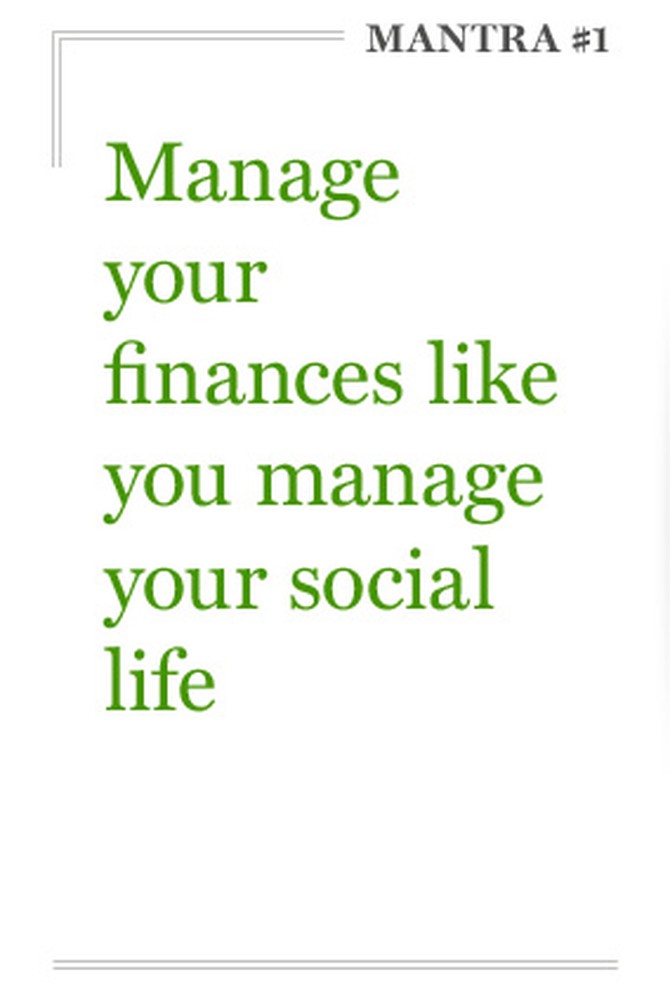
Illustration: Jen Troyer
If you took a peek at Alexa von Tobel's calendar on any given day, you might see "Drinks with Jenny" right before "Pay credit card bill." That's because the founder and CEO of the personal finance website for women LearnVest.com puts reminders in her calendar for everything from dinner to payment due dates. She also has a separate email address for anything financial-related (for example, alexasbills@gmail.com): "I have my work email, my social email and my financial email. It helps me stay organized."

Illustration: Jen Troyer
Carl Richards, whose simple sketches of complex financial concepts served as the foundation for his book The Behavior Gap: Simple Ways to Stop Doing Dumb Things with Money, finds he can save a little bit more if he understands the reason he's doing it. For instance, trying to cut back on spending an extra 50 cents on your coffee—especially if that French roast brings you joy—isn't worthwhile. But making a call to your landlord to drop your rent $100? That definitely matters. "I can say 'no' to some things because I have a bigger 'yes,'" Richards says.

Illustration: Jen Troyer
Cutting back is good, and there are many ways to do it. Eventually, though, you hit a limit (e.g., you don’t have to eat lobster every night, but you do have to eat). However, there's really no limit to how much you can earn, says Ramit Sethi, whose blog, I Will Teach You to Be Rich, spawned a book of the same name. While it's easy to get caught up in scrimping and saving, many people neglect the possibility of making more money, whether through negotiating a raise or finding a way to bring in extra income using a valuable skill (Sethi has seen many people bring in an extra $1,000 a month by offering their PowerPoint, organizing and cooking know-how).
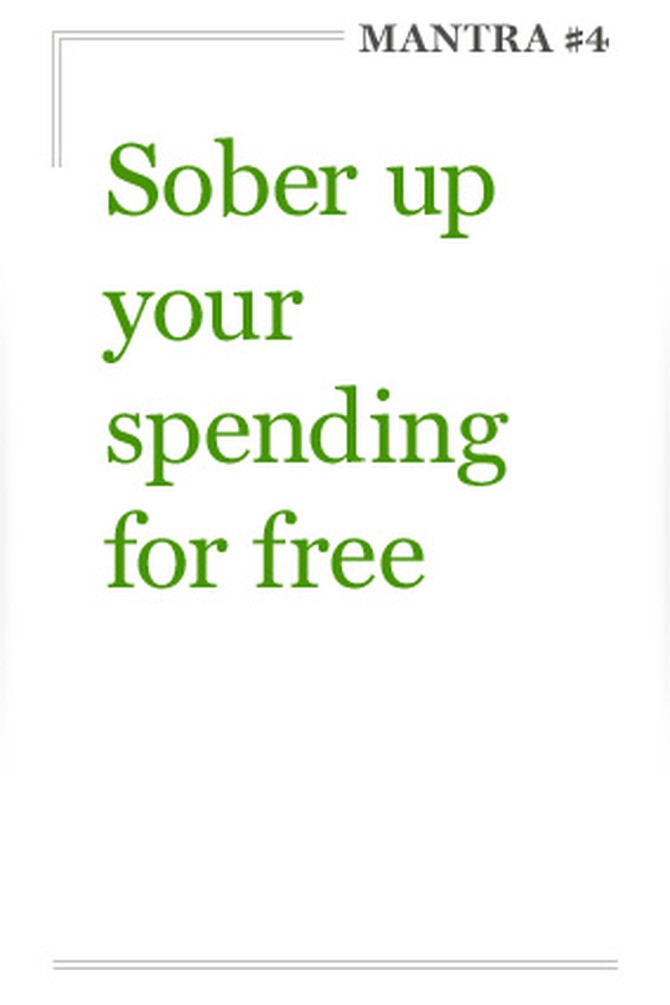
Illustration: Jen Troyer
It can take a stranger to point out the money mistakes you're making, says Dave Jones, president of the Association of Independent Consumer Credit Counseling Agencies. Yet while many people think financial planners are only for the super-rich, anyone can use the free services of a credit counselor (find one at AICCCA.org). They'll take an uncompromising look at your situation and help you set up a budget and work toward stashing away six months' worth of disposable income, which Jones says is the most important thing you can do for your finances.
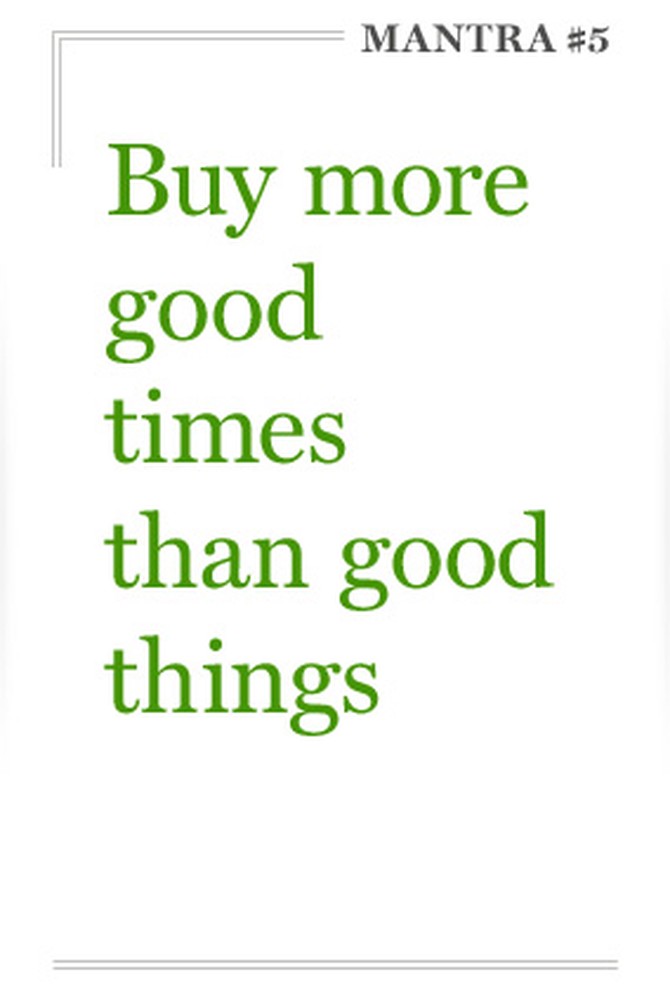
Illustration: Jen Troyer
Jack Otter, executive editor at CBS MoneyWatch.com and author of Worth It...Not Worth It?: Simple & Profitable Answers to Life's Tough Financial Questions, says that very few people look back on their lives and regret the things they didn't purchase. Behavioral economists have found you get a lot more pleasure from buying experiences (i.e., a week at the beach) versus buying stuff (like that couch); the memory gets even rosier over time.
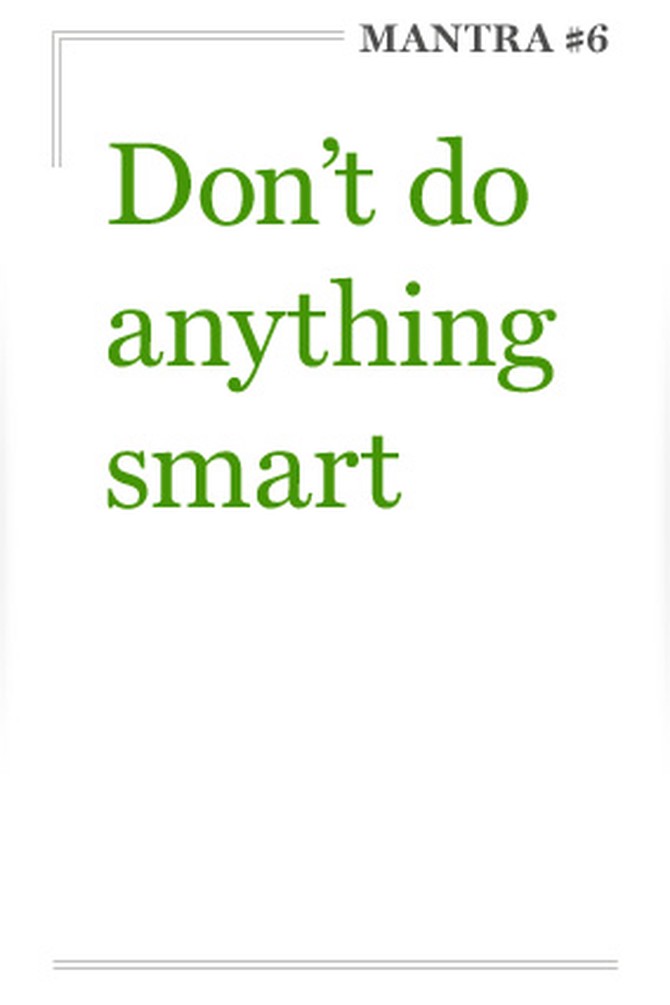
Illustration: Jen Troyer
When it comes to investing, Adam Davidson, cofounder and cohost of NPR's Planet Money, advises anyone who's feeling jumpy to relax. "Don't pay attention to the ups and downs," he says. "It costs money to make trades, and you're not going to be smarter than the market consistently. You're going to lose out eventually. You'll do much, much better if you follow a simple, conservative strategy."
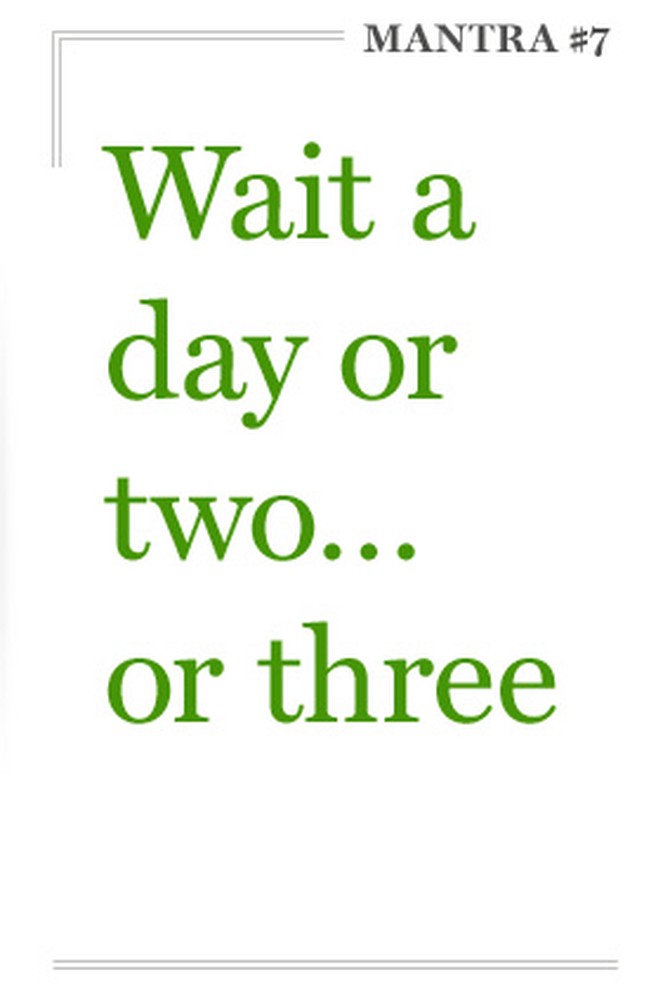
Illustration: Jen Troyer
Even though Washington Post money columnist Michelle Singletary knows she should determine if an item is a need or a want before she buys it (she learned the mantra from her grandmother), she still has to use tricks to help her remember. One is to wait a few days—and it turns out even science supports "sleeping on it": A recent study by psychologists at the University of Massachusetts Amherst suggests sleep facilitates and enhances cognitive skills like decision-making.
Next: 9 money lies we tell ourselves
Next: 9 money lies we tell ourselves
Published 07/11/2012

